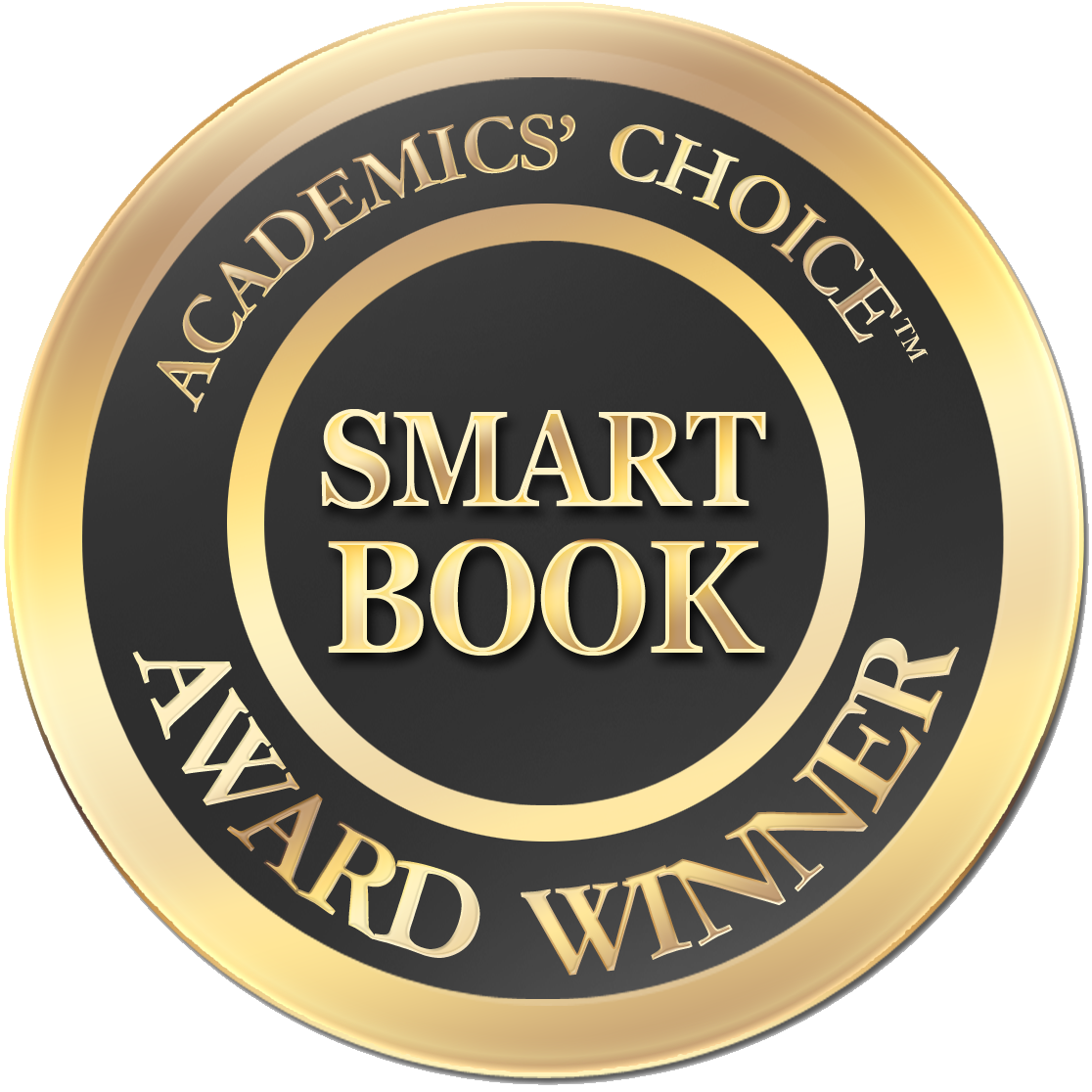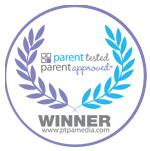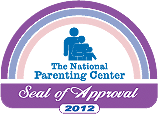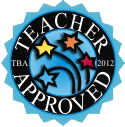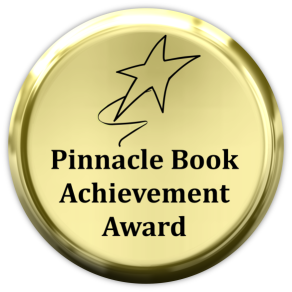Already a Member? Login Now
How Is Your Child Meant to Learn?
Kidzmet's proprietary Learning GPS (Learning Guided by Passions and Strengths) evaluation has already helped tens of thousands of parents, homeschoolers, and teachers around the globe to map their kids' unique paths to success. So much that we've been honored with some pretty stellar awards from both parent and teacher associations.
We'd love to help you, too!
learn more »
The Naturalist Child
 Also known as "nature smart", the naturalist multiple intelligence is associated with assimilating information through a magnifying glass and relating it to the natural world. Kids with a naturalist multiple intelligence preference have a greater sensitivity to nature and their place within it, the ability to nurture and grow things, and greater ease in caring for, taming and interacting with animals. They are often good at recognizing and classifying different species. When presented with a challenge in a weaker area of intelligence, encourage your child with a strong naturalist multiple intelligence preference to think about activities or ways that can link these weak areas to their strongest intelligences.
Also known as "nature smart", the naturalist multiple intelligence is associated with assimilating information through a magnifying glass and relating it to the natural world. Kids with a naturalist multiple intelligence preference have a greater sensitivity to nature and their place within it, the ability to nurture and grow things, and greater ease in caring for, taming and interacting with animals. They are often good at recognizing and classifying different species. When presented with a challenge in a weaker area of intelligence, encourage your child with a strong naturalist multiple intelligence preference to think about activities or ways that can link these weak areas to their strongest intelligences.
 Parents and extracurricular mentors that "think" like your child can help them start to approach school in general from a naturalist multiple intelligence tact. For instance, correlating spelling lists to plant species. How parts of the more "everyday" words in language help give you clues to meaning and spelling the same way that genus and species helps identify animal breeds.
Parents and extracurricular mentors that "think" like your child can help them start to approach school in general from a naturalist multiple intelligence tact. For instance, correlating spelling lists to plant species. How parts of the more "everyday" words in language help give you clues to meaning and spelling the same way that genus and species helps identify animal breeds.
Join Kidzmet to find local teacher, tutor and coach MentorMatches that share their innate talents and are uniquely qualified to help their seeds of potential blossom.
Recommended Extracurriculars
FFA, 4-H, Nature programs, Science and Natural History museums, Zoo or Vet camps, Scouting.
This being said, each person has the ability to develop all of the multiple intelligences so even if your child is "into" their naturalistic multiple intelligence right now, don’t fall into the trap of focusing all of your energies in one multiple intelligence area and excluding the others. Rather, use your child’s innate strengths (most likely more than solely naturalistic multiple intelligence!) to approach challenges they may be having in weaker areas so that you can more effectively nurture a "whole" child.
Be sure to get a feel for how your child feels about a class you’ve selected for them by tuning into their spirit before and after class. They should have incredible energy, a positive attitude, a "present" focus (living in the moment), and a high level of self-esteem when talking about the class. If the class is not a good match for them, you’ll find more than just a resistance to go…your child will be irritable, make physical complaints or be asocial. They’ll drag their feet to go and be the first one out the door after the class is finished. If the teacher will allow it, it’s a great idea to audit the class with your child prior to enrolling—and pay attention to more than just what happens in the class...be aware of how your child is feeling and acting both before and after it.
By learning more about both learning and play behaviors of your children with regard to their multiple intelligence preferences, you will be better able to teach and parent in a way that celebrates and embraces your child's personality type, multiple intelligences and learning style, as well as help teachers, tutors and mentors understand how to make your unique child's seeds of potential blossom. Take our award-winning preference profile and unlock the keys to your child's potential now!
Are you a parent that is interested in going into more depth in the multiple intelligences? Kidzmet co-founder Jen Lilienstein has co-authored At Home with Multiple Intelligences with MI Institute Managing Director Julie Viens. You can enroll now here.
 References:
References:
Descriptions of each MI type have been excerpted from Wikipedia definitions.
Recommendations for difference in approach to subjects your child finds challenging in a traditional curriculum: Gardner, et. Al.,Multiple Intelligences: New Horizons in Theory and Practice. (2006). Basic Books.
Extracurricular recommendations have been extrapolated from Thomas Armstrong’s large body of work, specifically In Their Own Way. (2000). New York: Penguin Putnam.


